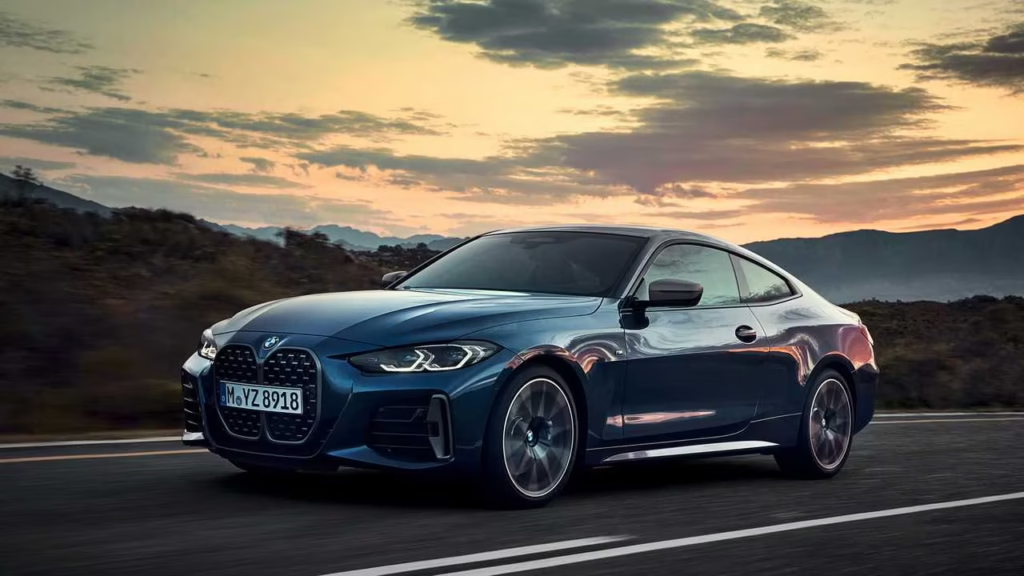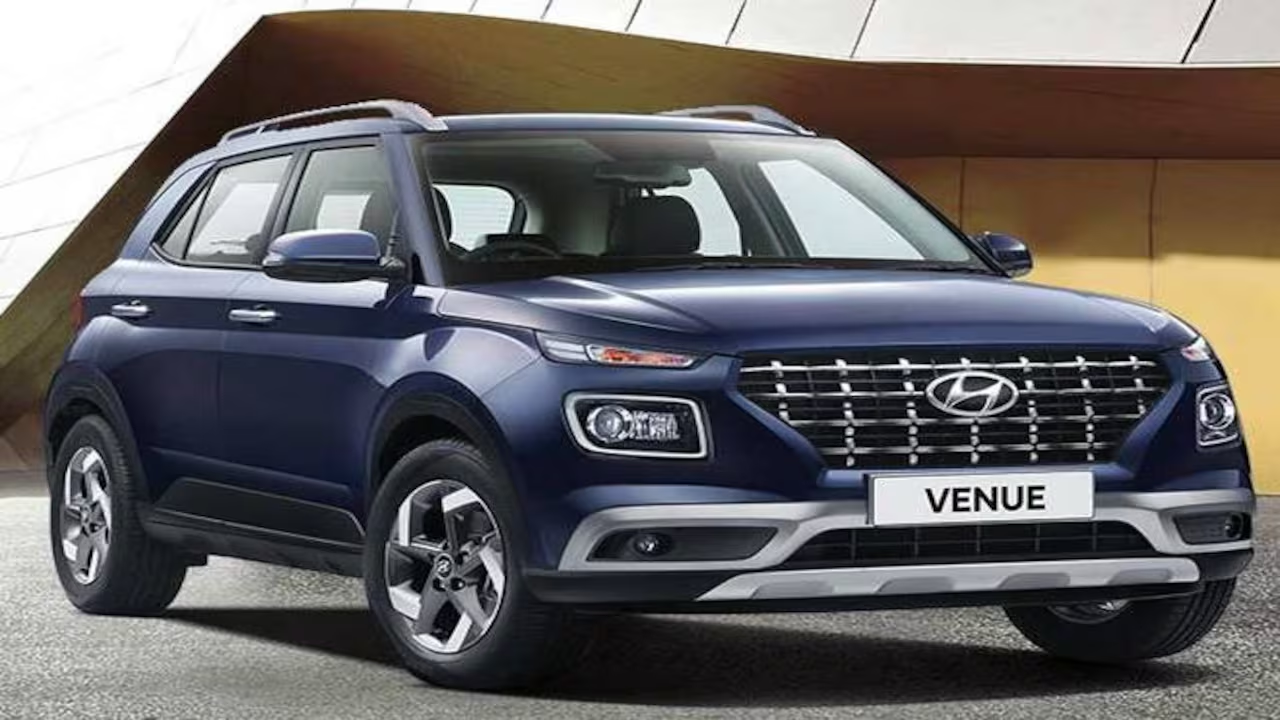BMW, one of the most prestigious luxury car manufacturers in the world, has long been a favorite among Indian car enthusiasts seeking performance, style, and cutting-edge technology. However, in response to increasing production costs, the German automaker has announced a price hike for select models in India. This price adjustment is set to affect a range of vehicles, from their sporty sedans to luxurious SUVs. If you’ve been eyeing a BMW, now is the time to understand the reasons behind this hike and how it will impact your purchase decision.
Why is BMW Increasing Prices in India?
Several factors are contributing to the decision by BMW to raise prices for certain models in India. Here’s a breakdown of the key reasons driving this change:
1. Rising Production Costs
The cost of raw materials such as steel, aluminum, and other essential components has increased over the past year. This surge in material costs has affected car manufacturers globally, and BMW is no exception. As the cost to manufacture each vehicle rises, these expenses are often passed on to the consumer in the form of price hikes.
2. Global Supply Chain Disruptions
The automotive industry has been facing significant supply chain challenges, particularly with the shortage of semiconductor chips. These chips are crucial for modern vehicle electronics and systems, from engine control units to infotainment systems. The reduced availability of these essential parts has led to production delays and higher costs, which in turn have impacted the pricing of vehicles.
3. Exchange Rate Volatility
BMW imports many of its premium models and parts into India. Fluctuations in the exchange rate of the Indian Rupee against foreign currencies, particularly the Euro, have also played a role in the cost escalation. A weaker Rupee means that it becomes more expensive for BMW to source parts and components from overseas, thus leading to higher final retail prices.

4. Government Policies and Taxes
In India, government regulations, including taxes such as the Goods and Services Tax (GST) and excise duties on luxury imports, can affect the overall pricing of vehicles. With these duties likely remaining at a high level for luxury carmakers, BMW’s costs are further impacted, prompting the brand to increase its prices to maintain profitability.
Which BMW Models Are Affected?
While BMW has not disclosed a comprehensive list of models affected by the price hike, it is expected that a wide variety of their popular cars will see an increase in cost. Among these, the most notable ones include:
- BMW 3 Series: As one of the brand’s most popular sedans in India, the 3 Series is likely to experience a price rise, making it slightly more expensive for those who are considering entry-level luxury.
- BMW 5 Series: The 5 Series, known for its luxurious features and performance, is another model expected to face a price increase.
- BMW X1 and X3: These SUVs, which have gained considerable popularity in India, are also set to experience price hikes. As more buyers turn to compact SUVs, these models will see an increase in their already competitive prices.
- BMW X5 and X7: BMW’s flagship SUVs, known for their luxury and advanced technology, may also be affected, especially as the demand for large luxury SUVs grows in India.
Impact on BMW Buyers in India
For prospective buyers, this price hike means that purchasing a new BMW could become more expensive in the near future. It’s a crucial reminder to act sooner if you’re eyeing a BMW model, as the increase in price could put certain variants out of reach for some.
Additionally, this price adjustment could influence buyers who were already considering BMW’s financing options or those in the process of negotiating deals. With the new prices in effect, even those who had an eye on an older model may now find themselves reassessing their options or looking for promotional offers to mitigate the impact of the hike.
Is the Price Hike Justified?
While price hikes are often seen as an unfortunate side effect of rising costs, many BMW enthusiasts still see the brand as offering significant value for money in the luxury car segment. BMW’s cars are known for their excellent driving dynamics, premium interiors, and cutting-edge technology, which justify their premium pricing to a large extent.
However, as competition in the luxury segment grows, especially from brands like Audi, Mercedes-Benz, and Jaguar, BMW must carefully balance its pricing strategy. If the price hike significantly impacts the affordability of its models, buyers might consider alternatives that offer similar features at a more competitive price point.
What Should Potential Buyers Do?
If you’re considering buying a BMW, it’s a good idea to make your move soon to avoid paying the higher prices. Some dealerships may offer promotional schemes, attractive financing options, or trade-in deals that could offset the price increase. Additionally, it’s important to keep an eye on the upcoming launches and updated models that might offer better value despite the price hike.
For those who are looking for a more affordable entry point into BMW ownership, the price hike may make you reconsider the budget for your vehicle purchase. It may also be worth exploring certified pre-owned BMW cars, which can provide significant savings without compromising on quality.
Conclusion
The price hike from BMW for select models in India is part of the larger trend seen across the global automotive industry, driven by rising production costs, supply chain disruptions, and fluctuating exchange rates. While it’s unfortunate for buyers looking to purchase a new BMW, the brand’s commitment to luxury, performance, and cutting-edge technology remains a major draw for many. For those in the market for a BMW, the advice is clear: act soon to lock in the current pricing before the increase takes effect.






